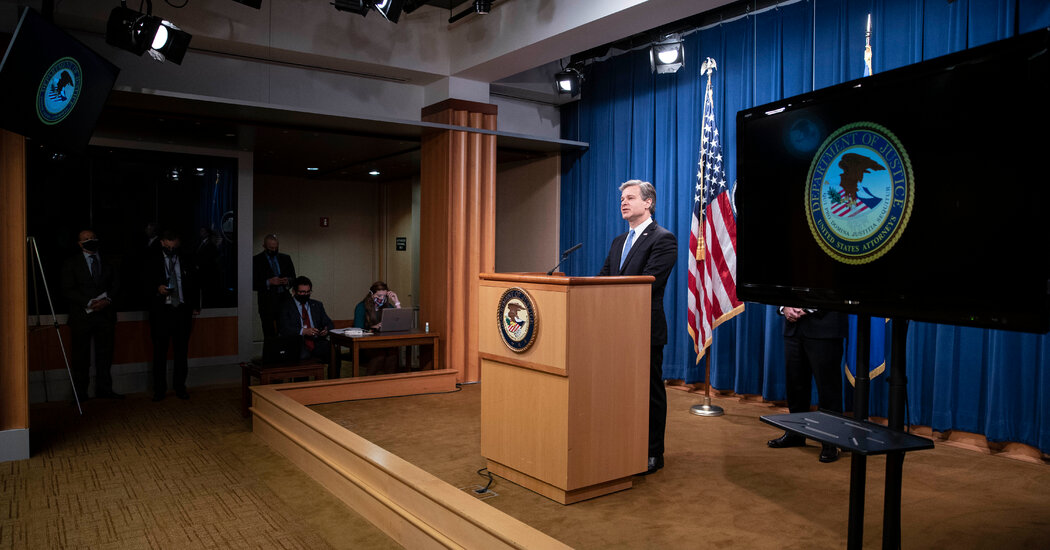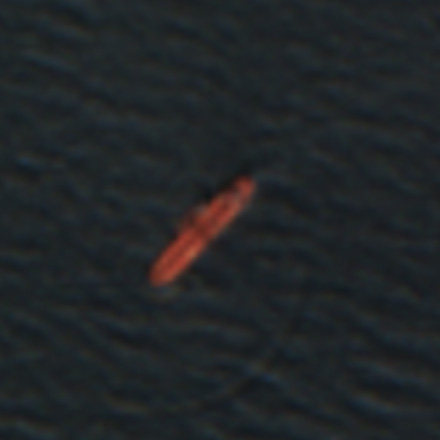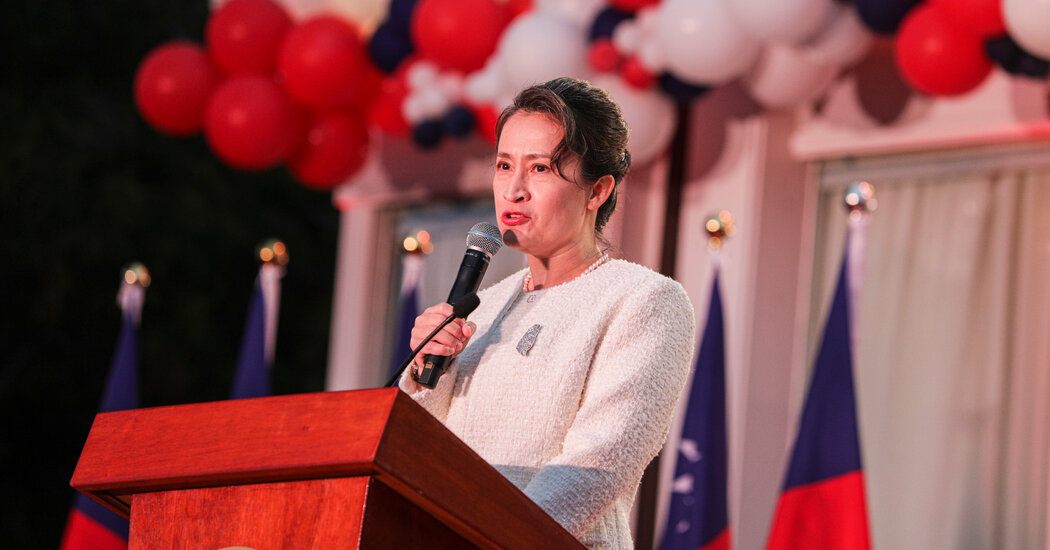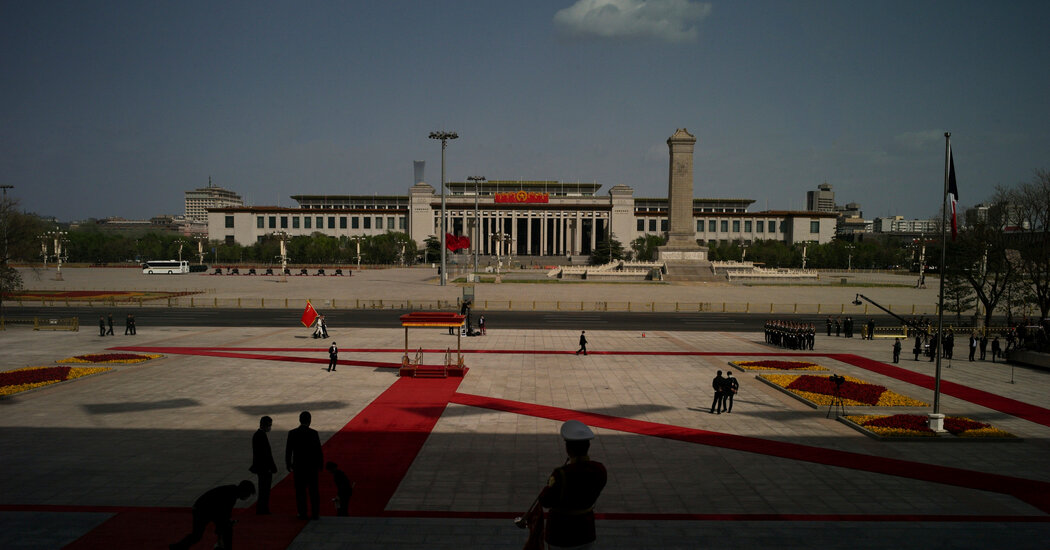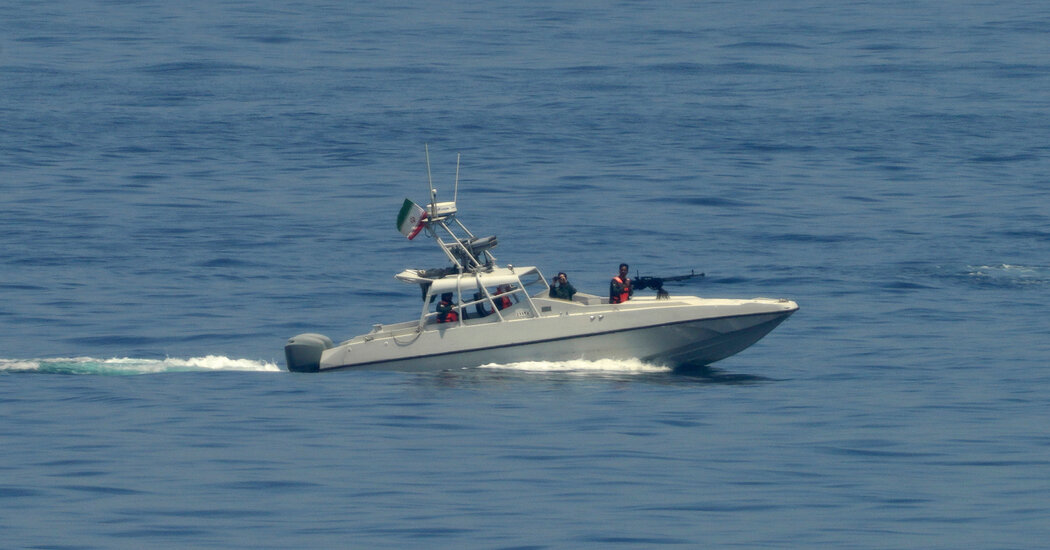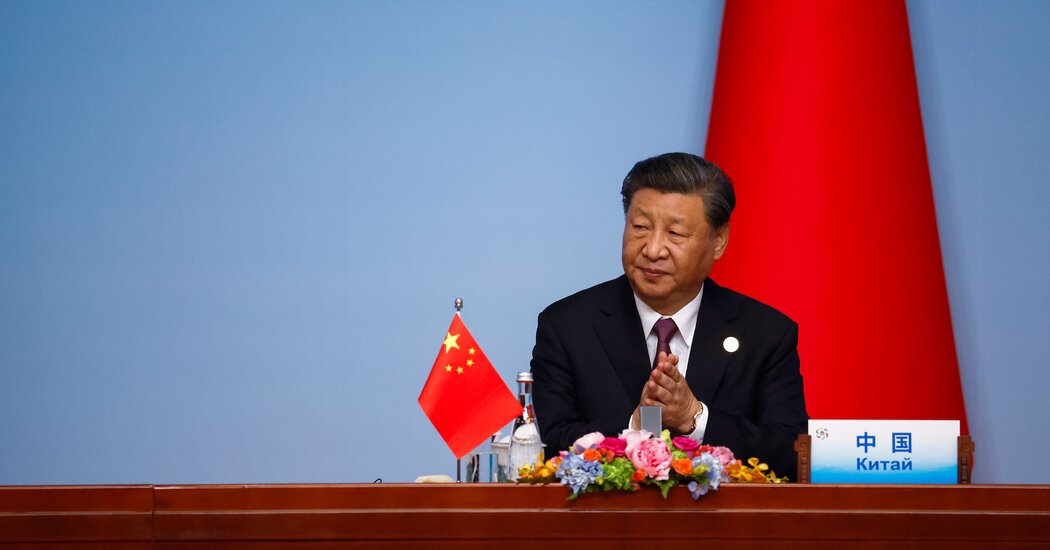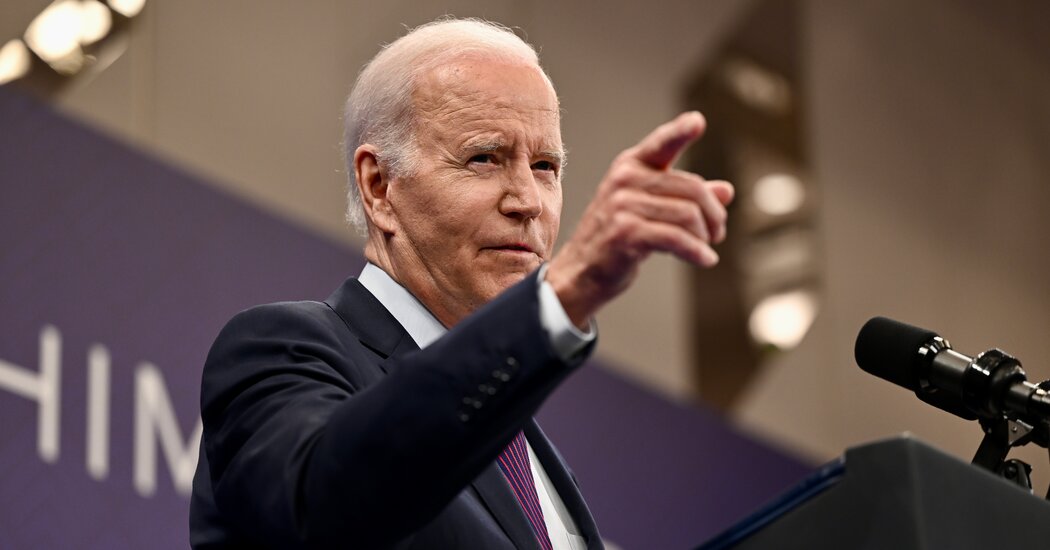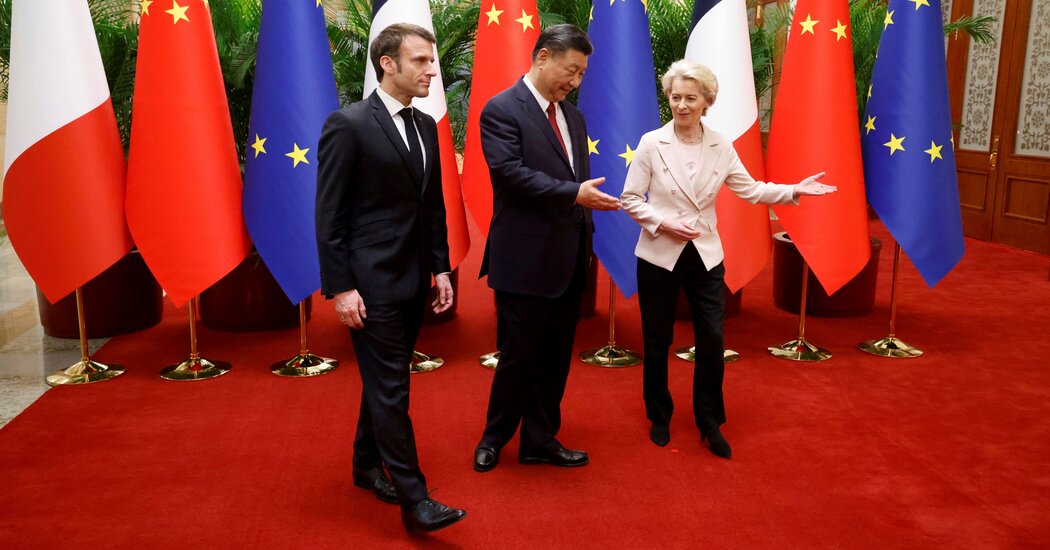A landmark case by federal prosecutors against three men accused of stalking and harassing people in the United States at the behest of the Chinese government is set to begin in a Brooklyn courtroom on Wednesday. It is the first trial related to what the Chinese government calls Operation Fox Hunt, a global effort that they say is aimed at fugitives. U.S. prosecutors say it is a scheme to stamp out political dissent using extortion and intimidation against its targets and their families. The three defendants whose trial is beginning…
Tag: United States International Relations
Fake Signals and American Insurance: How a Dark Fleet Moves Russian Oil
The Cathay Phoenix is not a lone rogue ship, but one of at least three tankers identified by The New York Times taking extraordinary steps to hide their true activity, a practice that helps them to elude U.S. government oversight and puts their American insurer at risk of violating recent sanctions on Russian crude oil. For years, ships wanting to hide their whereabouts have resorted to turning off the transponders all large vessels use to signal their location. But the tankers tracked by The Times go beyond this, using cutting-edge…
Taiwan Ambassador Says Ukraine’s Success Against Russia Will Deter China
Why It Matters: Some Republicans want to prioritize aid to Taiwan. Ms. Hsiao’s statement rebuts arguments by a few Republican lawmakers and former U.S. officials that the United States should decrease weapons aid to Ukraine in order to prioritize building up Taiwan’s defense capabilities and U.S. military resources aimed at countering China. Senator Josh Hawley, Republican of Missouri, is making this argument, as is Elbridge Colby, a Pentagon official in the Trump administration who has advised Mr. Hawley. They say some of the same missile and weapons systems that Taiwan…
Chinese Malware Hits Systems on Guam. Is Taiwan the Real Target?
Around the time that the Federal Bureau of Investigation was examining the equipment recovered from the wreckage of the Chinese spy balloon shot down off the South Carolina coast in February, American intelligence agencies and Microsoft detected what they feared was a more worrisome intruder: mysterious computer code that has been popping up in telecommunications systems in Guam and elsewhere in the United States. The code, which Microsoft said was installed by a Chinese government hacking group, raised alarms because Guam, with its Pacific ports and vast American air base, would…
U.S. Navy Steps Up Efforts to Curb Iran’s Ship Seizures in Strait of Hormuz
U.S. Navy warships stationed in the Persian Gulf region have increased their patrols through the Strait of Hormuz, the busy merchant ship passageway, in response to recent moves by Iran to seize two oil tankers, the latest sign of rising tensions between Iran and the United States. “Iran’s actions are unacceptable,” Vice Adm. Brad Cooper, the commander of U.S. naval forces in the region, said in an interview on Monday at the Navy base here in Bahrain. He was speaking several days after he rode a Navy guided-missile destroyer through…
China and Russia, Targets of a Contentious G7 Summit, Draw Closer
When Russian troops poured into Ukraine over a year ago, many experts foresaw a strategic windfall for China, with the United States distracted again by a war far from Asia. Now, Beijing is increasingly alarmed that the Western bloc backing Ukraine is entrenching itself in China’s neighborhood. The leaders of the Group of 7 nations last weekend pledged more support for Kyiv and angered Beijing by challenging its claims to the South China Sea, vowing to resist economic coercion, and pressing China on human rights abuses in Xinjiang, Tibet and…
Biden Sees Coming ‘Thaw’ With China, Even as He Rallies Allies Against Beijing
President Biden and his allies spent much of the G7 summit in Hiroshima, Japan, announcing new arms packages for Ukraine, including a pathway to providing F-16 fighter planes. They spent hours discussing strategy with President Volodymyr Zelensky for the next phase of a hot war started by Russia. So it was easy to miss Mr. Biden’s prediction on Sunday of a coming “thaw” in relations with Beijing, as both sides move beyond what he called the “silly” Chinese act of sending a giant surveillance balloon over the United States, only…
The U.S. Needs Minerals for Electric Cars. Everyone Else Wants Them Too.
For decades, a group of the world’s biggest oil producers has held huge sway over the American economy and the popularity of U.S. presidents through its control of the global oil supply, with decisions by the Organization of the Petroleum Exporting Countries determining what U.S. consumers pay at the pump. As the world shifts to cleaner sources of energy, control over the materials needed to power that transition is still up for grabs. China currently dominates global processing of the critical minerals that are now in high demand to make…
What’s De-risking and How Does It Compare to Decoupling
If diplomats were on TikTok, “de-risk” would be trending. The word has suddenly become popular among officials trying to loosen China’s grip on global supply chains but not cut ties entirely, with the joint communiqué from this weekend’s Group of 7 meeting making clear that the world’s largest democratic economies will now focus on “de-risking, not decoupling.” The former is meant to sound more moderate, more surgical. It reflects an evolution in the discussion over how to deal with a rising, assertive China. But the word also has a vexing history…
G7 Countries Borrow China’s Economic Strategy
Midway through his face-to-face meeting with President Biden in Indonesia last fall, the Chinese leader, Xi Jinping, offered an unsolicited warning. Mr. Biden had in the preceding months signed a series of laws aimed at supercharging America’s industrial capacity and imposed new limits on the export of technology to China, in hopes of dominating the race for advanced energy technologies that could help fight climate change. For months, he and his aides had worked to recruit allied countries to impose their own restrictions on sending technology to China. The effort echoed…
